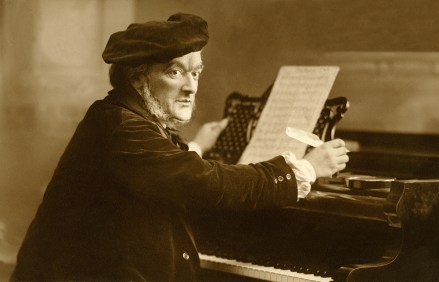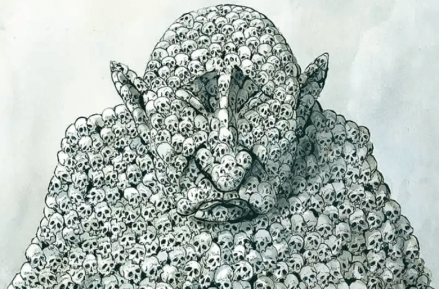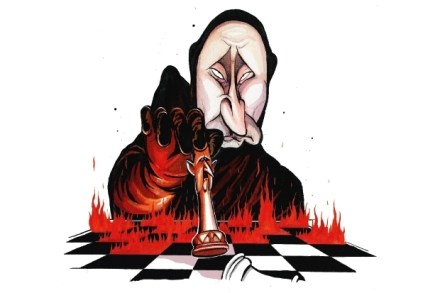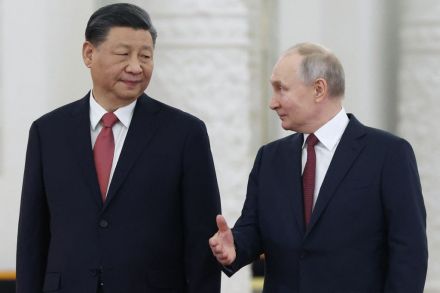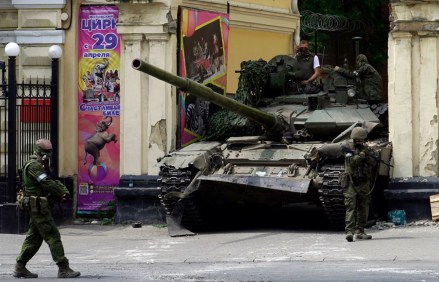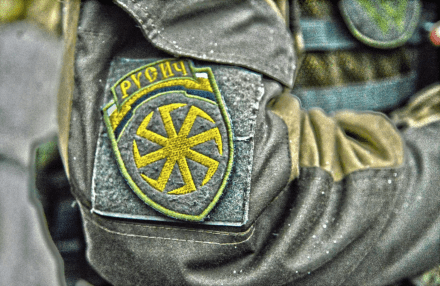Would Richard Wagner have approved of the Wagner Group?
Wagnerian exile Would Richard Wagner have approved of the Wagner Group? While he is believed to have harboured anti-Semitic views and his music later became an inspiration for Adolf Hitler, the young Wagner was a left-wing activist. In 1849, in spite of serving with the Saxon court in Dresden, he joined an uprising against Prussian rule. He is believed to have been involved in making and distributing grenades and to have acted as a lookout. Several of his associates were killed or arrested and sentenced to death after the uprising failed, but Wagner fled to Switzerland. His exile had a happier outcome than that of Yevgeny Prigozhin, and he was
